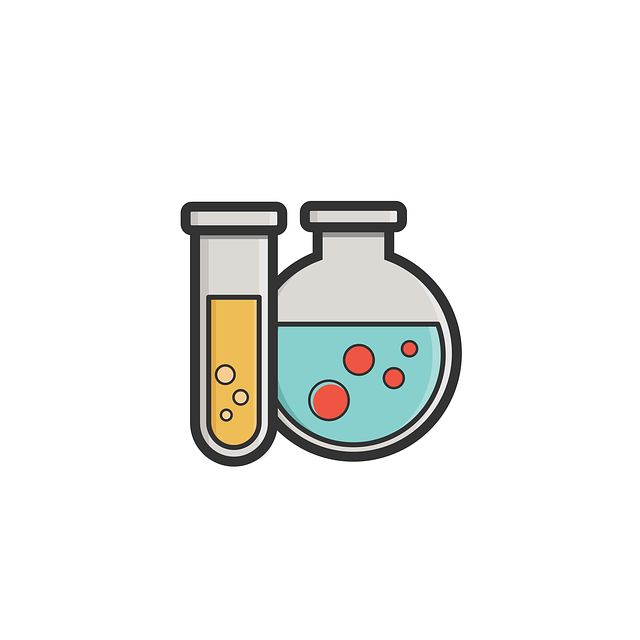
Dive into the fascinating realm of chemistry with MDCAT1.com’s comprehensive guide on the Basic Concepts of Chemistry.
Our platform offers carefully selected resources to make studying both efficient and fun, whether you are a student hoping to deepen your comprehension or a newcomer trying to establish a strong foundation. Any aspirant scientist or medical professional must grasp the fundamentals of chemistry, sometimes known as the “central science,” which unites physics and biology. To provide a seamless learning experience, we at MDCAT1.com condense down complicated theories and ideas into readily digestible segments. Our platform includes video tutorials, comprehensive study guides, and interactive quizzes that go beyond standard learning techniques. Interact with our knowledgeable educators and content producers; they have a strong desire to make difficult ideas understandable. Every action is to improve your understanding and memory, making chemistry more than just comprehensible—it’s fun.
You’ll be prepared to take on chemistry problems and do well in your studies with MDCAT1.com. Our methodical and comprehensive approach guarantees that you acquire a solid comprehension of the fundamental ideas of chemistry, providing a solid basis for further study and future academic achievement. With MDCAT1.com, discover the mysteries of chemistry and start down the road to academic success. Our committed resources, knowledgeable advice, and encouraging community are here to support you at every turn. Take off on your adventure now and explore the mysteries of chemistry!
BASIC CONCEPTS OF CHEMISTRY
PART 1
Best
Thank you, Arslan Latif, for visiting mdcat1.com! We greatly appreciate your valuable feedback.